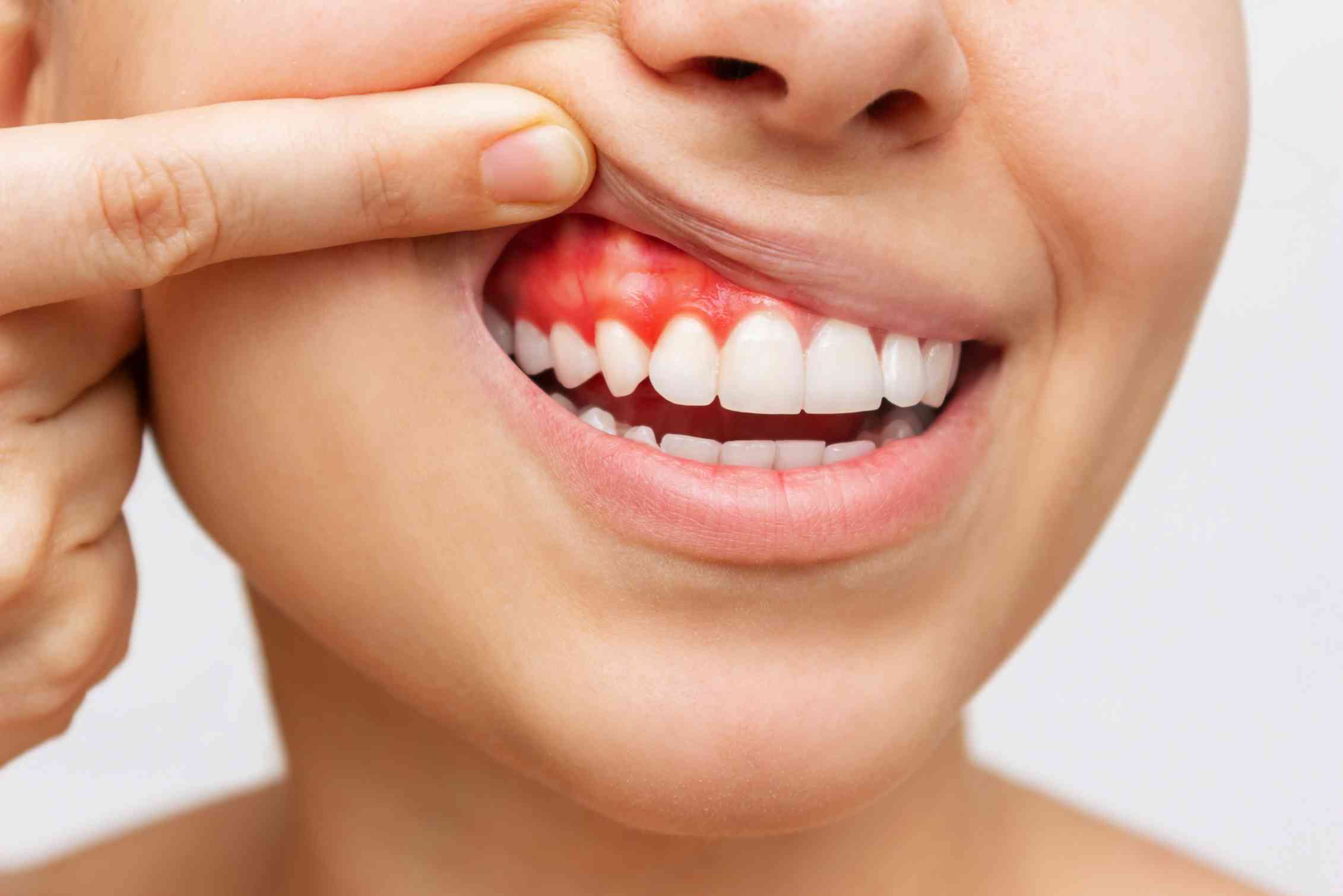These microbes in our mouth have surprising effects on our health and longevity
Published by Adrien,
Source: The Conversation under Creative Commons license
Other Languages: FR, DE, ES, PT
Source: The Conversation under Creative Commons license
Other Languages: FR, DE, ES, PT
Follow us on Google News (click on ☆)
Our mouth is one of the most diverse habitats in our body: it harbors more than 700 species of bacteria, not counting yeasts, viruses, and a number of protozoa. This microbial community constitutes the oral microbiome which, like the gut microbiome, can influence our health.

Illustration image, Pixabay
The most common diseases caused by changes in the oral microbiome are tooth decay and gum disease. But over the years, scientists have found many clues suggesting that the oral microbiome is also linked to many other serious problems occurring elsewhere in our body.
Respiratory diseases
The respiratory tract starts in the mouth and ends in the lungs. Therefore, it is not surprising that if the oral microbiome proliferates, some of the microbes that compose it can be inhaled and end up in the lungs.
This situation frequently leads to pneumonia. The risk of developing this often-fatal infection in older individuals has been associated with poor oral hygiene, which leads to the proliferation of certain bacteria such as Streptococcus pneumoniae and Haemophilus influenzae.
Studies have shown that improving oral hygiene in nursing homes, along with providing dental care (performed by professionals), can reduce the number of pneumonia cases by one-third. It is also important to maintain the cleanliness of dental devices and other oral apparatus (such as sports mouthguards).
Some research has also highlighted a link between poor oral health and chronic obstructive pulmonary disease (COPD), as well as altered respiratory function, due to changes in the oral microbiome resulting from such conditions.
Heart diseases
Chronic periodontitis is one of the most common conditions caused by the oral microbiome. This disease results from the proliferation of bacteria present between the gums and teeth, due to improper oral hygiene. It leads to a destructive inflammatory response, attacking the bones and tissues supporting the teeth, eventually causing tooth loosening and loss.
For years, researchers have found a significant statistical association between periodontitis and cardiovascular diseases. This could be explained by common risk factors for these different conditions. For instance, both periodontitis and heart diseases are more common in smokers.
Another hypothesis is that periodontitis bacteria could travel to the heart and cause infections there. However, scientists are still working to elucidate the mechanisms that could be at work.
As previously mentioned, periodontitis triggers a strong inflammatory response. Inflammation is one of our body's means to combat infections: it involves the production of cells and various chemical signals necessary for an effective immune response. But too much inflammation can be harmful. Some researchers suggest that the inflammation caused by periodontitis could damage the cardiovascular system.

Periodontitis triggers significant inflammation.
Marina Demeshko/Shutterstock
One study found that treating periodontitis reduced blood inflammation levels and significantly improved arterial function. Other research also showed that treating periodontitis reduces overall inflammation levels in the body.
These studies demonstrate that oral diseases can have significant effects on the function of tissues located elsewhere in the body. Given that many people live with untreated periodontitis, sometimes for decades, the detrimental effects on their health could potentially be substantial in the long term.
Colon cancer
Oral bacteria are capable of traveling through the stomach to the intestines. Generally, microbes that usually live in the mouth are not well-suited to these new environments, and they die quickly. However, in 2014, two studies showed that intestinal cancer tumors were heavily colonized by a species of bacteria called Fusobacterium, which is normally found in dental plaque.
These studies also showed that Fusobacterium has a strong affinity for malignant cancer cells. This bacterium can bind tightly to the surface of cancer cells and invade the tumor. Since then, multiple studies have confirmed that Fusobacterium can colonize tumors throughout the gastrointestinal tract.
Research has also shown that colon cancer patients heavily colonized by Fusobacterium respond less well to chemotherapy and have a shorter life expectancy compared to those who are not colonized. This could be because tumors infected by Fusobacterium are more aggressive and thus more likely to spread than those not infected by the bacteria.
Research is ongoing to better understand this relationship and to determine if individuals at risk of colon cancer might benefit from a vaccination against this oral microbe.
Alzheimer's disease
One of the most controversial links between oral health and pathology concerns Alzheimer's disease.
In people affected by Alzheimer's disease, having chronic periodontitis is associated with a more significant cognitive decline. However, since both periodontitis and Alzheimer's disease are associated with aging, it is difficult to determine if there is indeed a causal relationship.
However, in 2019, studies revealed that the brains of people with Alzheimer's disease were colonized by Porphyromonas gingivalis, one of the main bacteria responsible for periodontitis. The idea that the brain, an organ usually protected from microorganisms, could be infected by oral bacteria remains highly controversial, and further research is needed on this topic.
Additionally, as in the case of heart diseases, some experts have suggested that inflammation caused by periodontitis in patients with poor oral health could be a worsening factor for Alzheimer's disease.
The importance of good oral health
Poor oral hygiene can thus have multiple adverse health consequences. However, it is possible to control your oral microbiome and thereby prevent the diseases related to it.
To achieve this, it is necessary to establish a daily oral hygiene routine. This includes brushing your teeth twice a day and regularly using dental floss to control plaque and reduce the incidence of cavities and gum disease. Concerning the latter, quitting smoking greatly reduces the risk of occurrence. It is also advisable to visit a dentist at least once a year for a cleaning and to receive professional advice.
Following these recommendations will not only make your smile brighter but may also add a few years to your life expectancy...